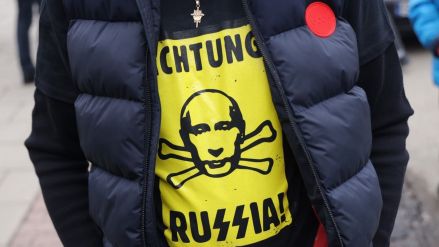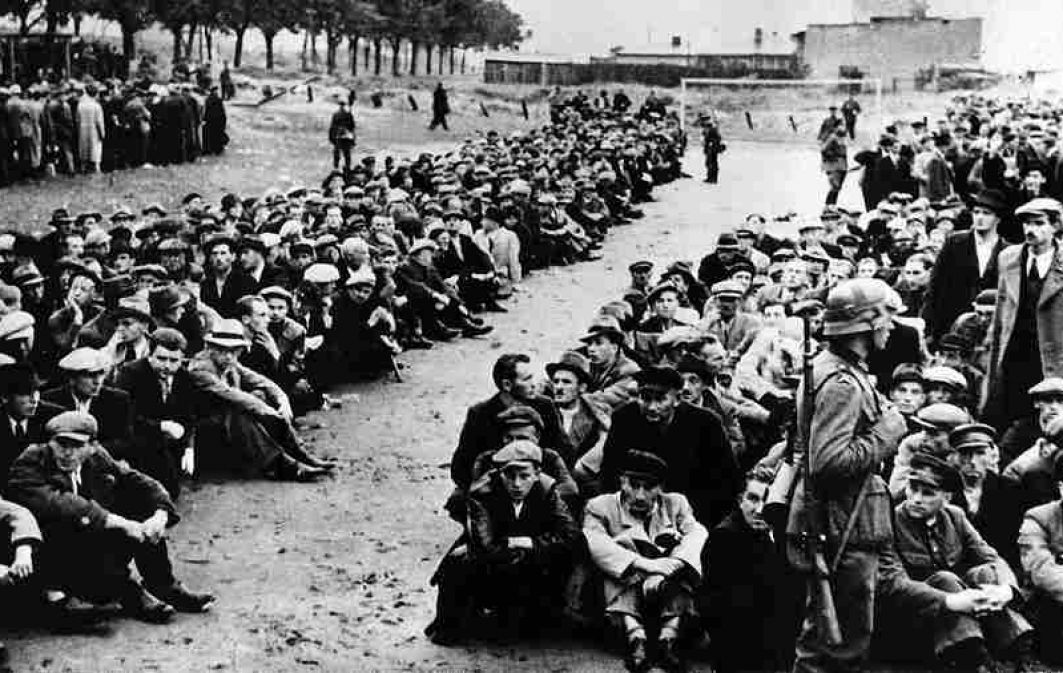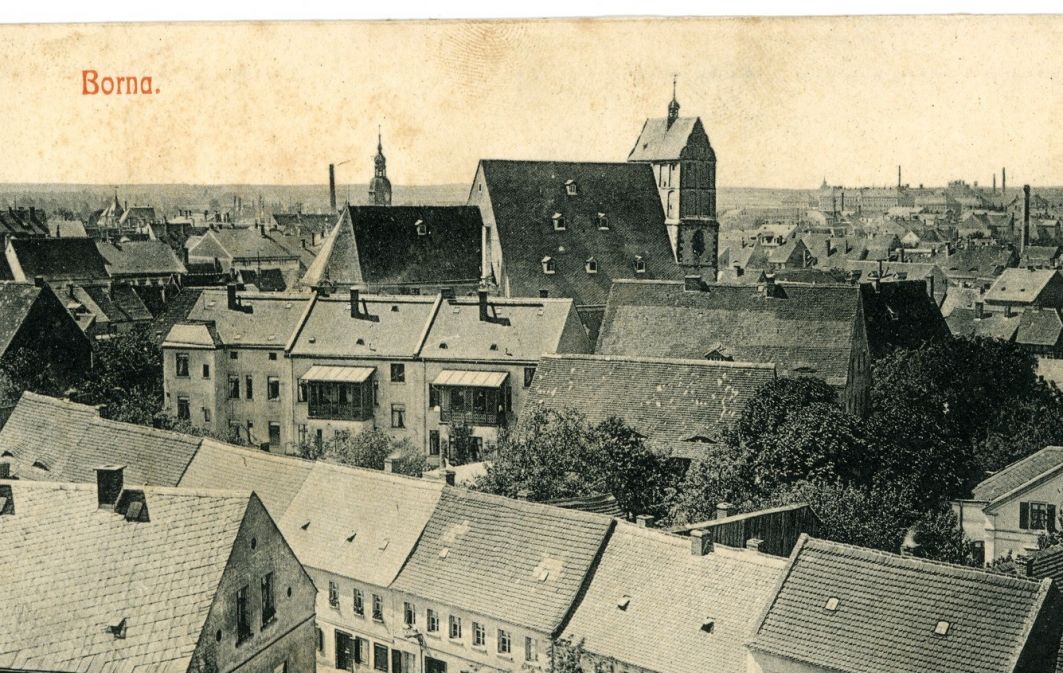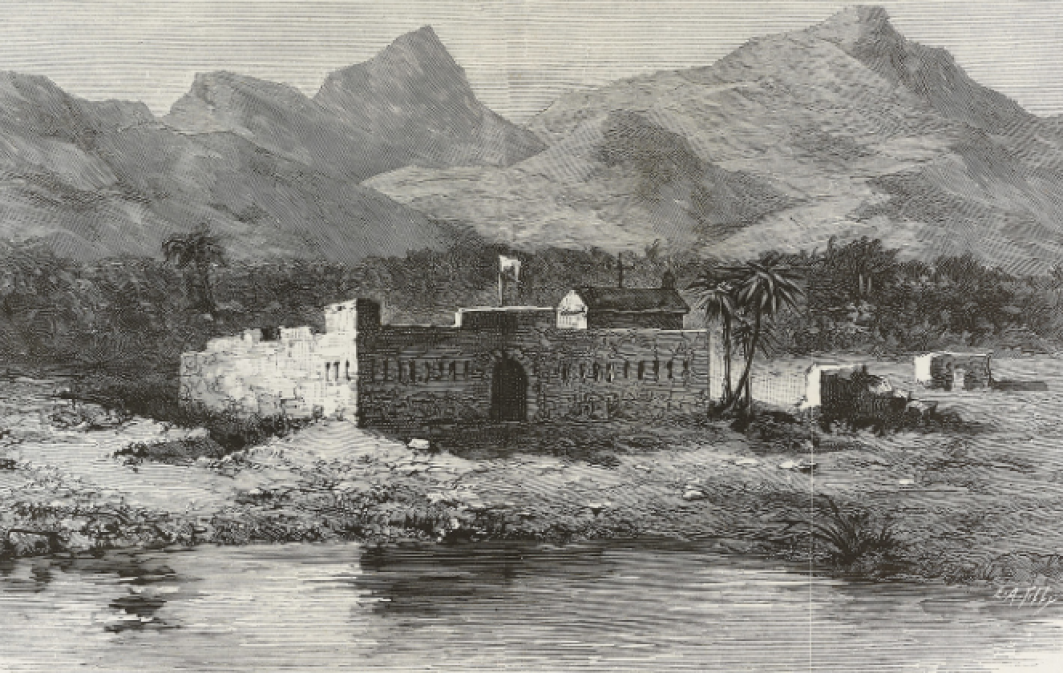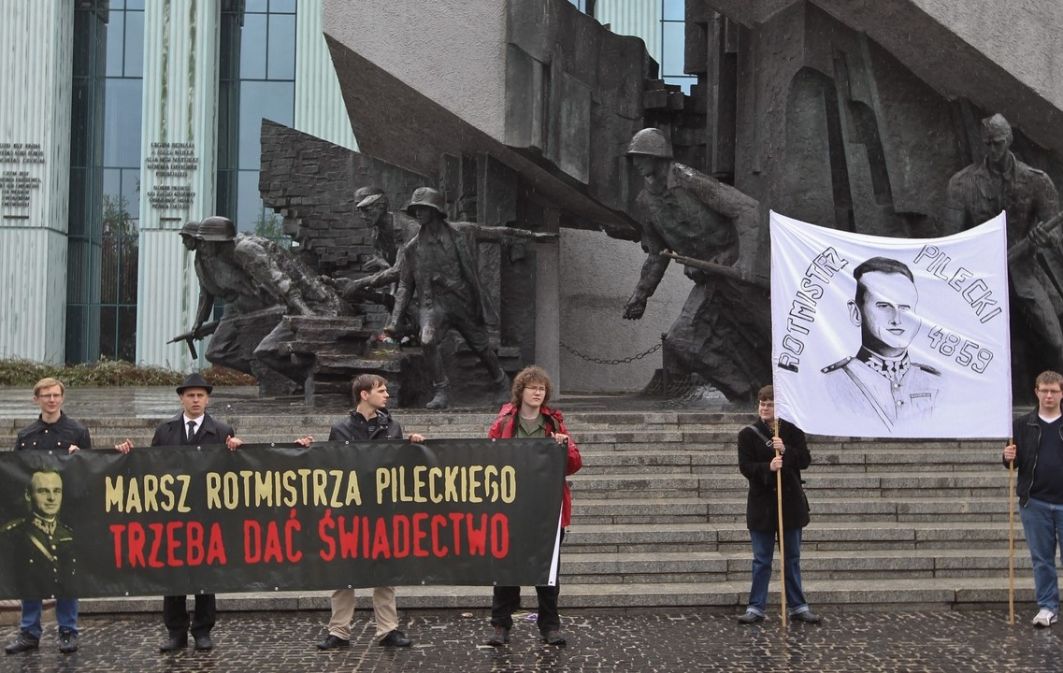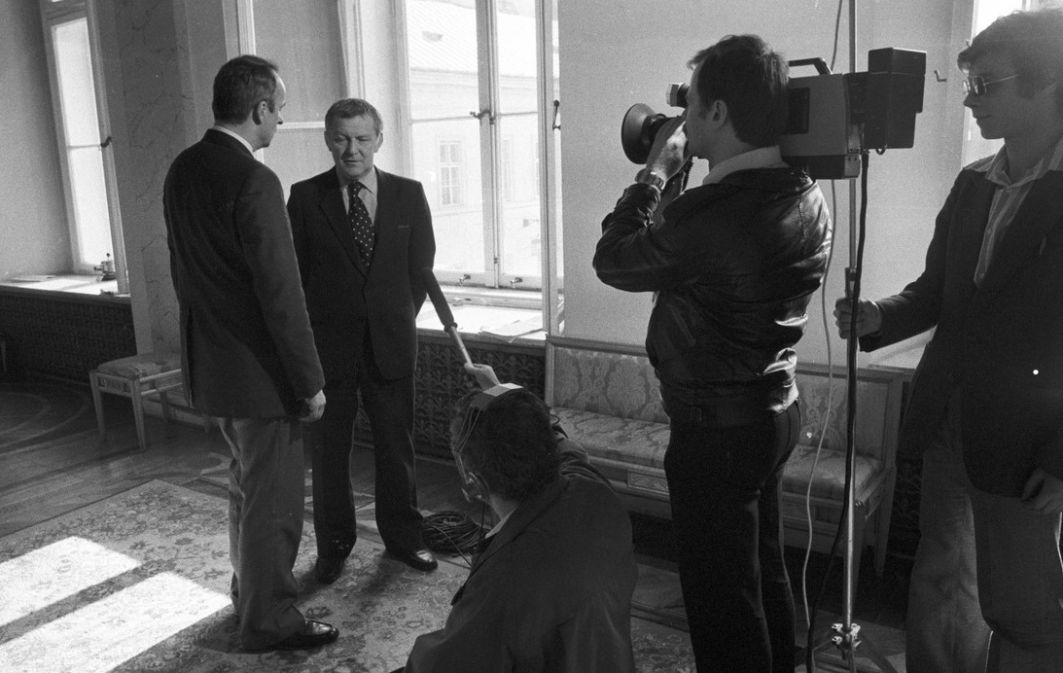Many influential people studied at Lumumba University in Moscow, including Karim Massimov - Prime Minister of Kazakhstan; Ali Khamenei – Iran's leader; Mahmoud Abbas - President of the Palestinian National Authority; Ilich Ramírez Sánchez (also known as Carlos the Jackal) - Venezuelan terrorist; Michel Djotodia - President of the Central African Republic; Porfirio Lobo Sosa (known as Pepe Lobo) - President of Honduras; Daniel Ortega - President of Nicaragua; Hifikepunye Lucas Pohamba - President of Namibia; Alexei Navalny - Russian opposition activist; Bharrat Jagdeo - President of Guyana; Tamar Beruchashvili - Minister of Foreign Affairs of Georgia; Jeanne d'Arc Mujawamariya - Minister of Environment of Rwanda and Hillary Onek – Ugandan Minister of the Interior.
These moods are perfectly reflected in the December 1974 note by Nikolai Leonov, head of KGB analysis, quoted in the Mitrokhin Archives, on the events in Dahomey (now southern Benin): "On December 4 of this year, President Mathieu Kérékou declared himself a Marxist-Leninist. He also announced that henceforth his country would follow the path of building socialism. He asked us for help in organising the army, special services, not to mention the economy. Our ambassador, to whom Kérékou had addressed the statement, was sweating with fear and was unable to answer either yes or no." No wonder, as Leonov noted in the same document, "80 percent of the three million population couldn't read or write; power is in the hands of a military clique. There is no industry, no parties, no classes."
Marxists in exchange for the Portuguese and the war in the Horn of Africa
It was only after the second wave of decolonisation and dismantling of the Portuguese colonies in Mozambique, Guinea-Bissau and Angola in the 1970s that Soviet influence increased again. However, the KGB had already contacted the leaders of liberation organisations in the Portuguese colonies in the early 1960s. And in this case, comrades from the fraternal intelligence were used.
 SIGN UP TO OUR PAGE
SIGN UP TO OUR PAGE 
Miroslav Adamek was a Czechoslovakian diplomat in Conakry - the capital of Guinea - and a spy known under the pseudonym of "Alter". In November 1960, he first met with Amilcar Cabral, the founder of the African Party for the Independence of Guinea and Cape Verde (PAIGC). The two men had a meal together, after which the Czech spy indicated that their conversation was "very encouraging" and suggested recruiting Cabral as a secret contact under the "Secretary" codename.
Cabral used the meeting to request financial and logistic assistance to support an uprising against Portuguese colonial authorities in Guinea. Moscow, wanting to gain new allies, agreed. Cabral was given weapons that strengthened the PAIGC as a military force. His brother was sent to study medicine at Moscow's Lumumba University, and his daughter Iva was admitted to a prestigious boarding school near Moscow. In return, Prague (which de facto was Moscow) received valuable information from Cabral.
But it wasn't until July 1967 that the Politburo of the Communist Party of the Soviet Union (CPSU) ordered Lubyanka to provide systemic training for "progressive nationalist organisations" fighting Portuguese colonialism: MPLA (Angola), FRELIMO (Mozambique) and PAIGC (Guinea-Bissau, Cape Verde). However, before the fight broke out in earnest, and not only comrades-advisers from the USSR but also Cuban troops took part in it, Moscow's attention was drawn to another important region of the Dark Continent: the Horn of Africa (as the Somali Peninsula was called).
In October 1969, the military overthrew the civilian government in Somalia.
The Supreme Revolutionary Council, under the leadership of Major General Mohamed Siad Barry took power. Also, a KGB agent named Kerl was on the council, and he greatly influenced Barry's decisions. One of the first junta's conclusions was to invite the Soviet Navy to Somalian ports and to expel half of the U.S. embassy staff. Siad Barry made an amateur "synthesis" of Marxism-Leninism with Islam and declared Somalia a one-party state.
The KGB played a teaching role in creating the National Security Service, commanded by Barry's son-in-law. By 1974, there were nearly 3,600 Soviet advisers in Somalia, including 1,600 military ones. On July 11, 1974, Somalia and the USSR signed a treaty of friendship and cooperation, the first such agreement concluded by Moscow with a 'Black African' state. The Soviet fleet began to use the Berbera Port, and two years later (thanks to Soviet supplies), Somalia was already the fourth country in Sub-Saharan Africa in terms of armaments - just behind Nigeria, Zaire and Ethiopia.
The collapse of the Portuguese colonial empire in Africa and the emergence of Marxist regimes in Angola and Mozambique sparked enthusiasm in Moscow. Especially that in 1974, almost simultaneously, a group of military men overthrew the Ethiopian emperor. Colonel Mengistu Haile Mariam conducted it as the leader. The junta began to move towards Marxism and an alliance with the Soviets. The KGB also took care of this by preparing pseudo documents of the CIA residency in Nairobi, which allegedly showed an international conspiracy - involving, among others, the U.S., Saudi Arabia and Somalia - to remove the Mengistu regime.
However, the Soviets soon faced a formidable challenge: the growing mutual hostility of the allies in the Horn of Africa. It was about territorial disputes. Moscow had to make a choice. They chose Ethiopia, so Barry broke up with the Kremlin, and it was not long before the war flared up. According to KGB documents from the Mitrokhin Archive, Soviet military aid to Colonel Haile Mariam was extensive; in the winter of 1977, Soviet planes full of military equipment and "advisers" landed in Ethiopia every 20 minutes. The conflict ended in 1978, but without changed borders - Somalia failed to conquer the Ogaden region. On the other hand, the Soviets lost the Somalian authorities' appreciation for good and in favour of the U.S. and the Saudi Arabia governments.
Montage in the Algerian style
One of the KGB's favourite methods of operation was to provide various African leaders, including those unrelated or even hostile to Moscow, with fabricated documents striking the West. In March 1973, the military dictator of Nigeria, General Yakubu Gowon, received a denunciation - allegedly from a young army officer - about the subversive activities of the CIA in the Nigerian army. In 1975, the King of Morocco, Hassan II, was given a CIA agent falsified report about an alleged plot to overthrow the ruler. However, the most tremendous success of the Soviet 'active agents' specialists was achieved much earlier, using one of the conflicts in Africa to set France against the USA.
When the Algerian National Liberation Front (FLN) began negotiations with President Charles de Gaulle in January 1961, a group of generals opposed it. In April, there was a failed military coup in Algiers. Moments later, the Italian left-wing newspaper Paese Sera published an article entitled "Was the military coup in Algeria prepared in consultation with Washington?". Its authors claimed that General Maurice Challe was one of the coup's leaders, the CIA agent. They took advantage of the well-known fact that Challe, serving at NATO Headquarters, was perceived as a rather unusually pro-American officer for a Frenchman.
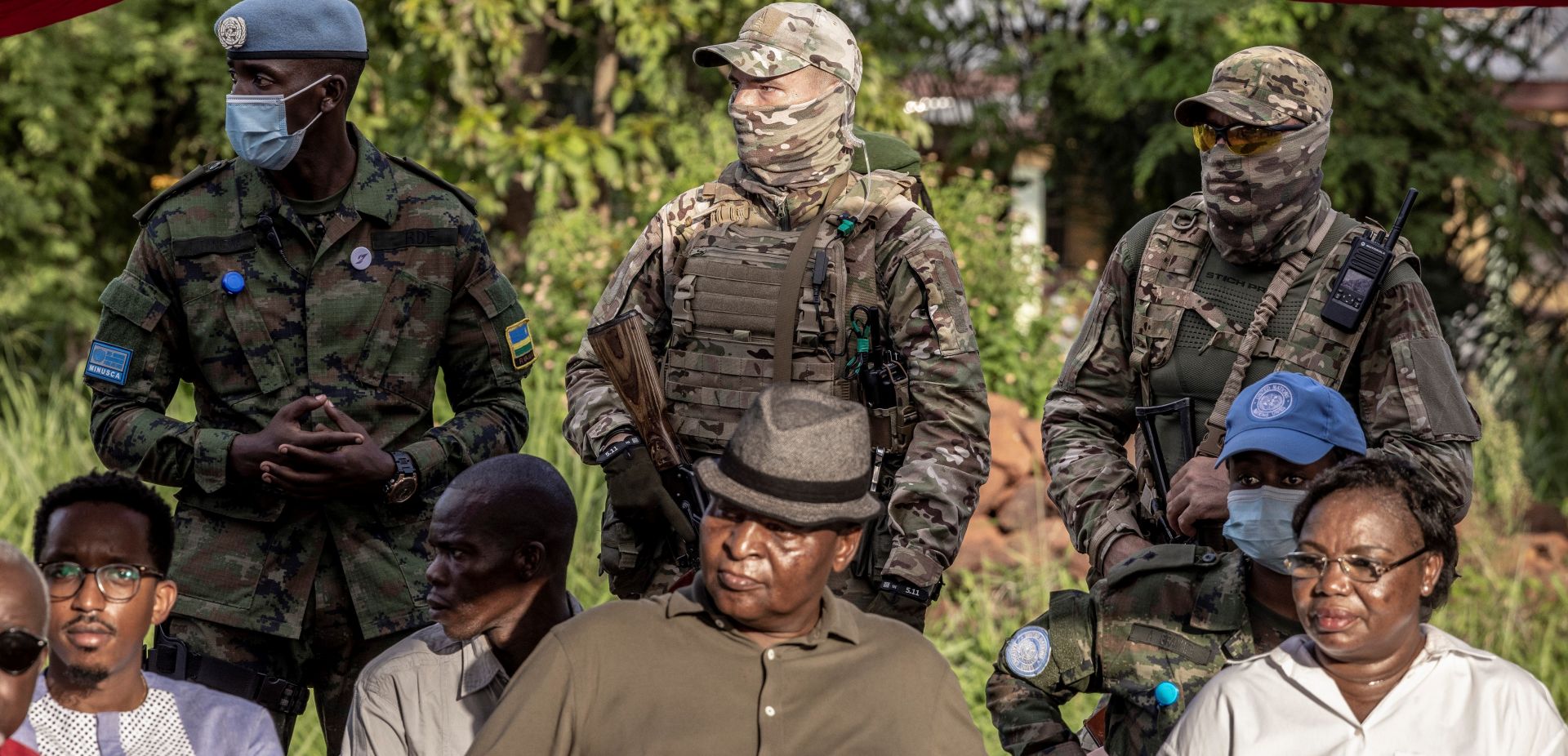
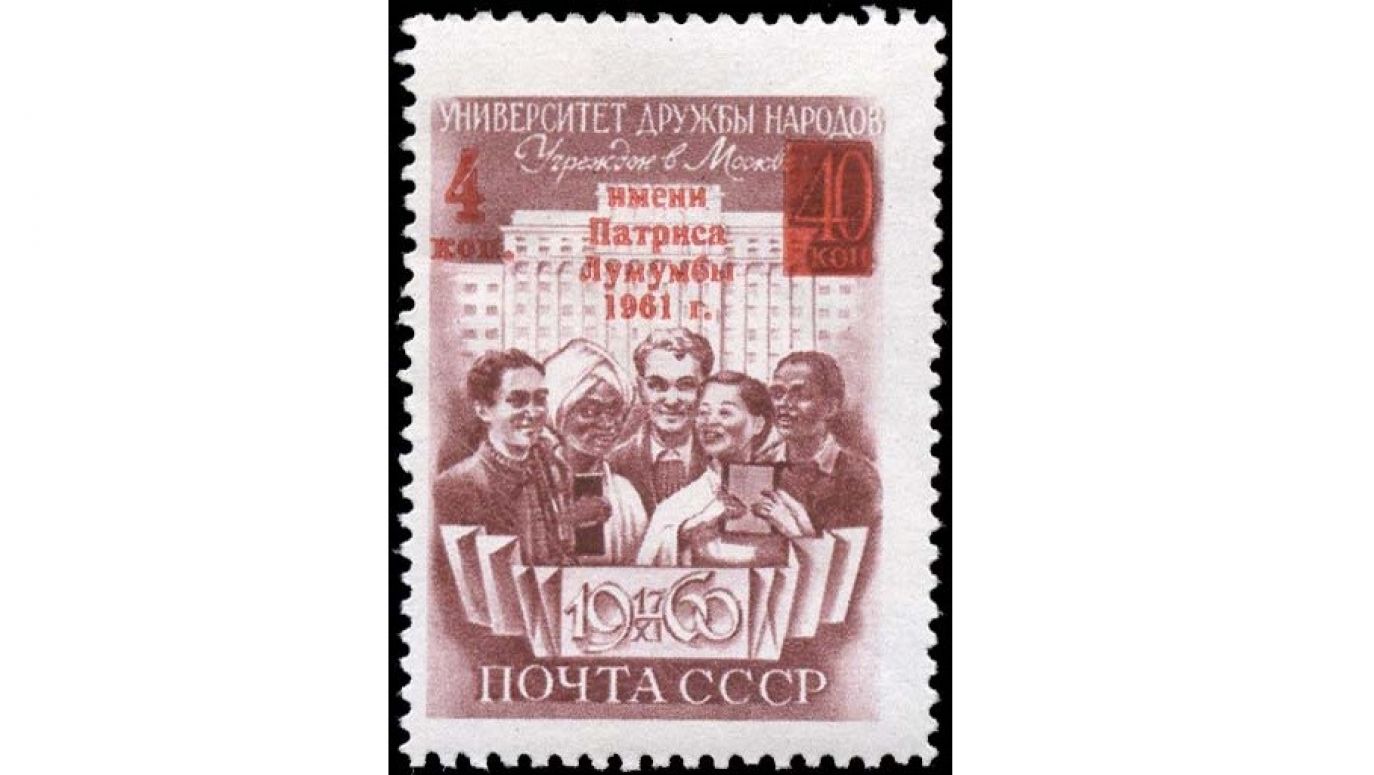
 SIGN UP TO OUR PAGE
SIGN UP TO OUR PAGE 
